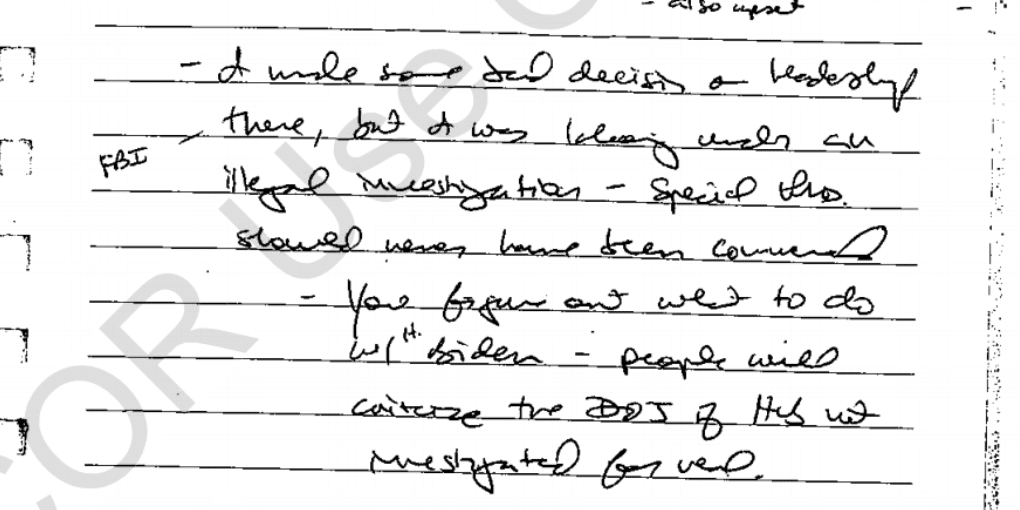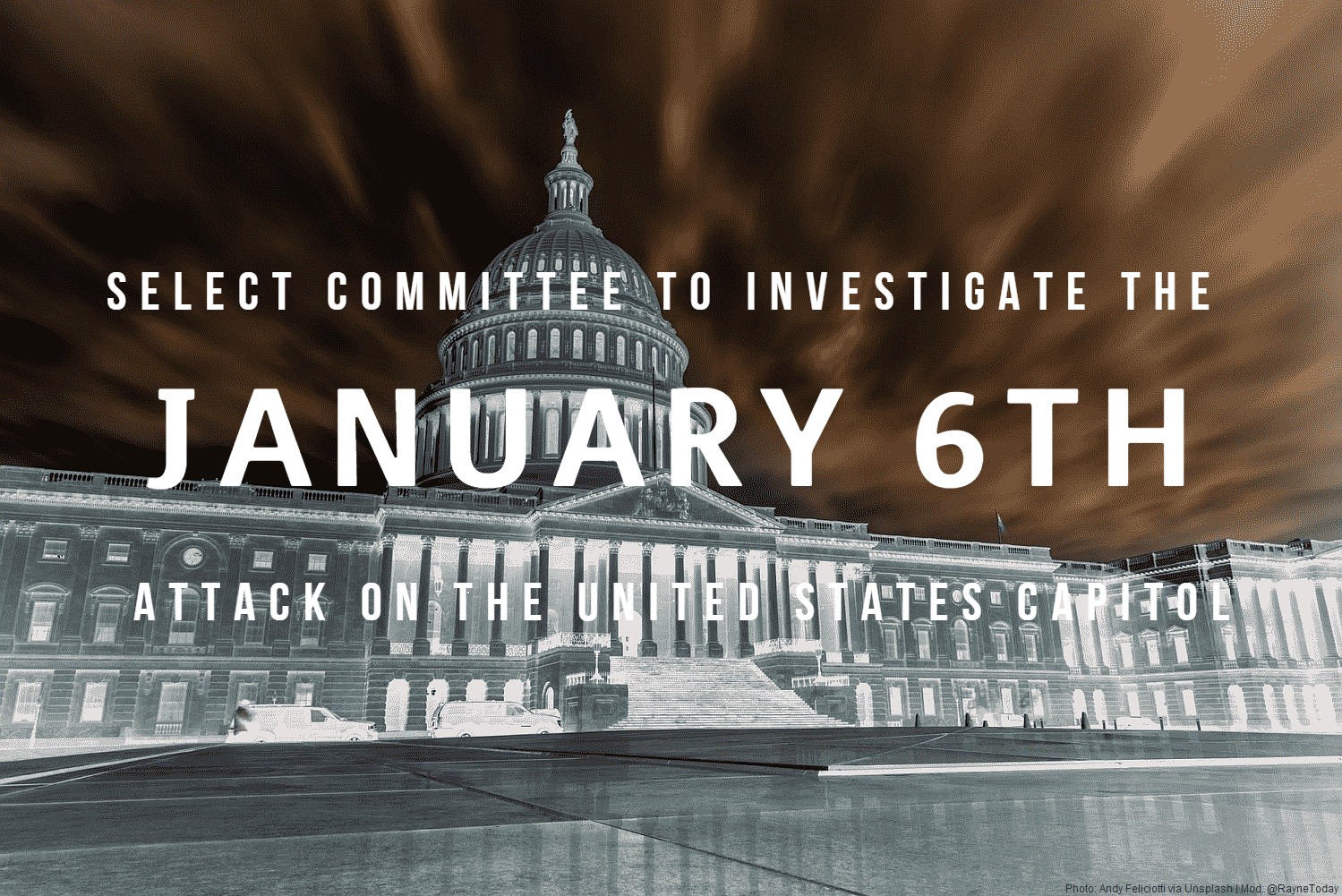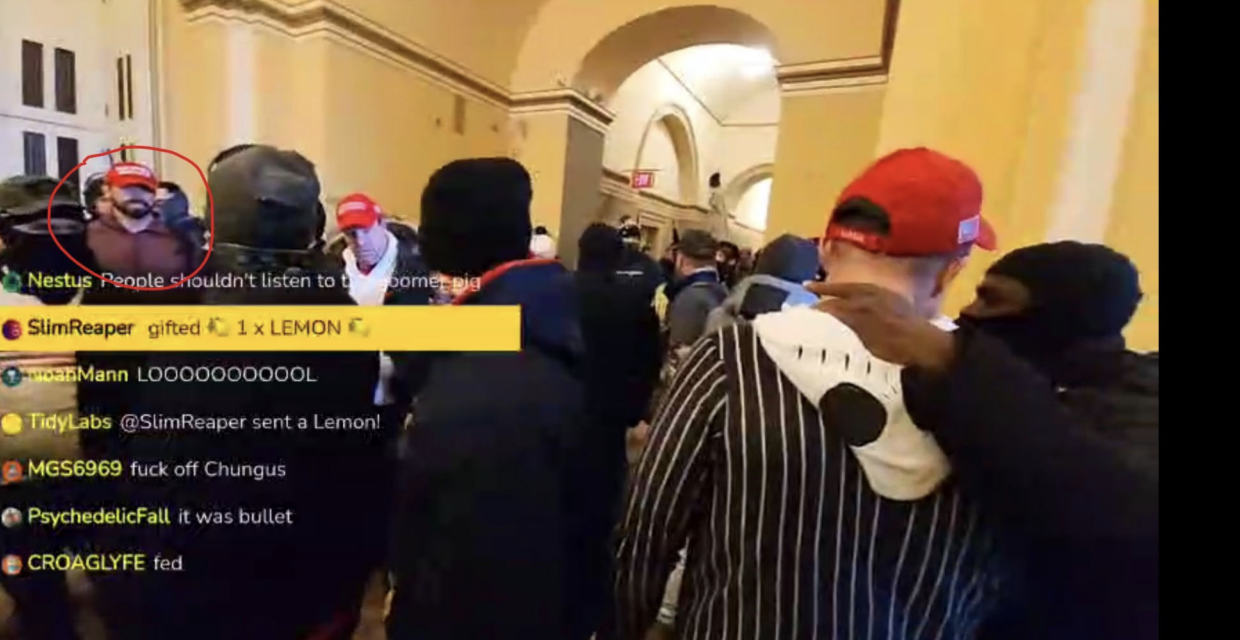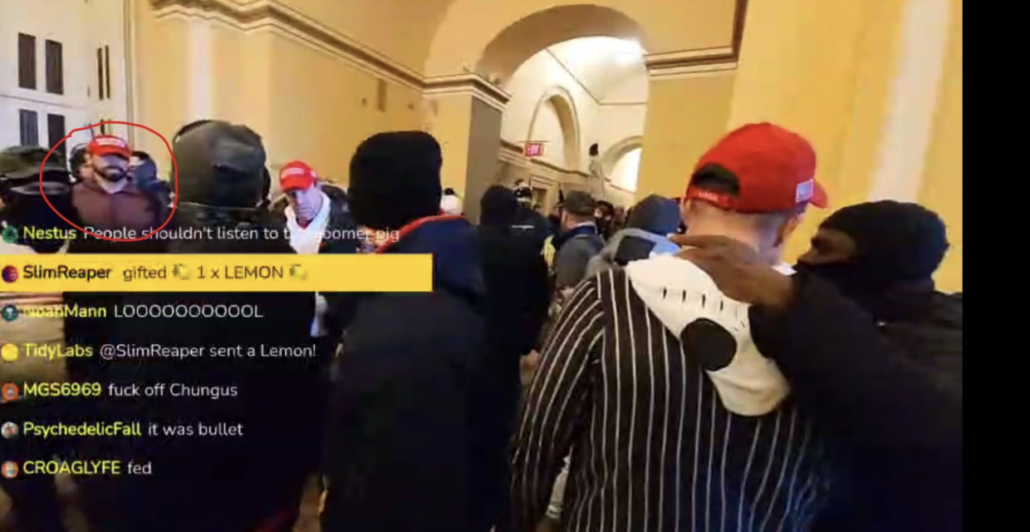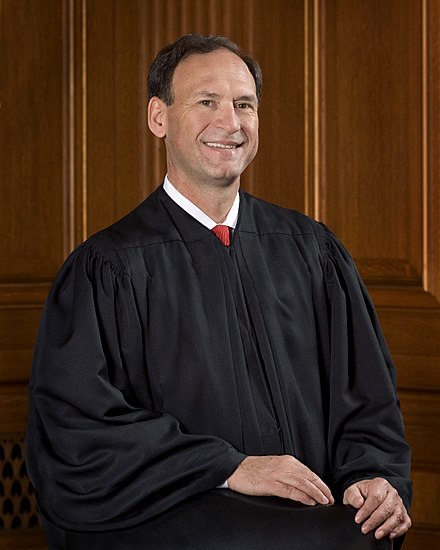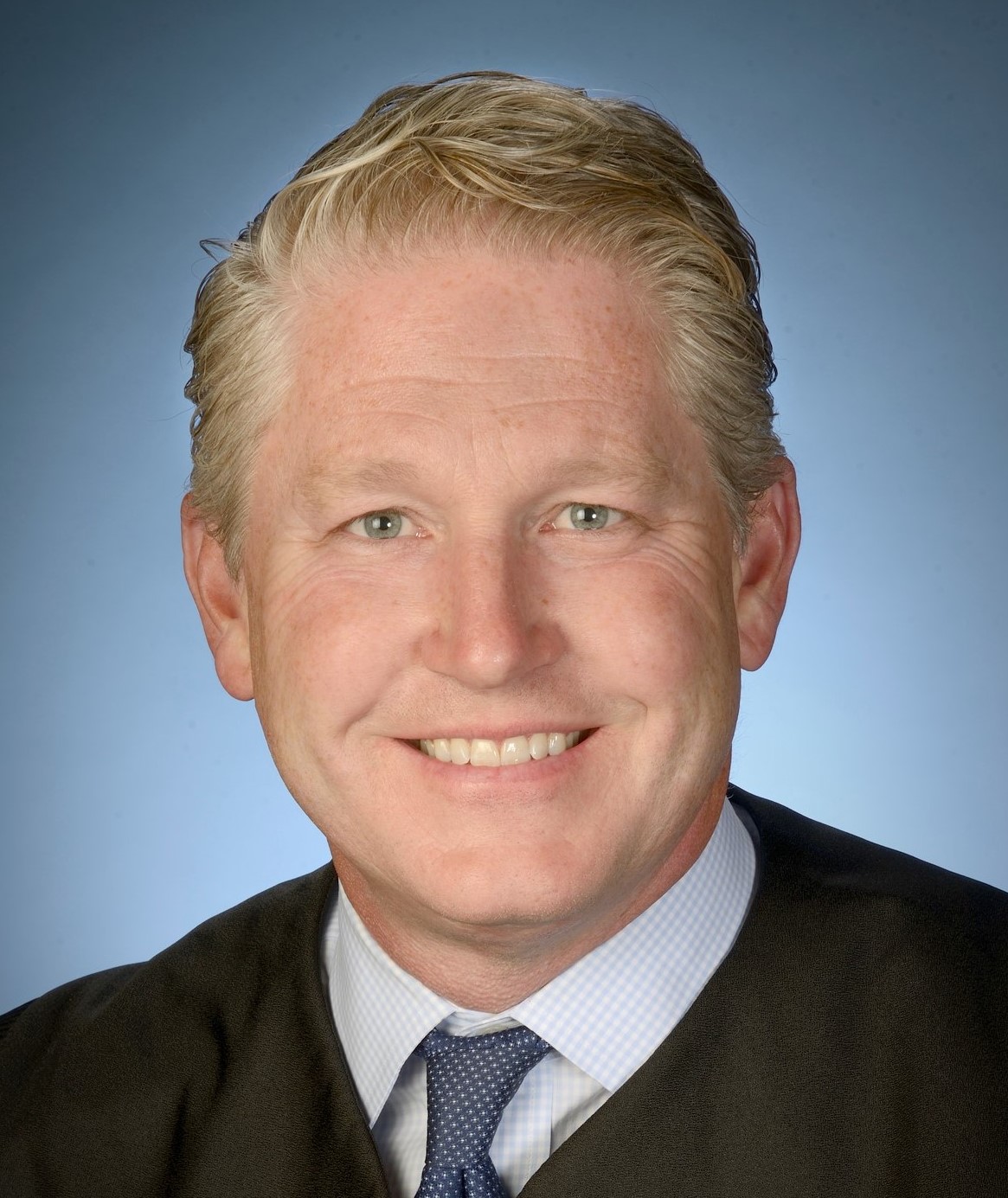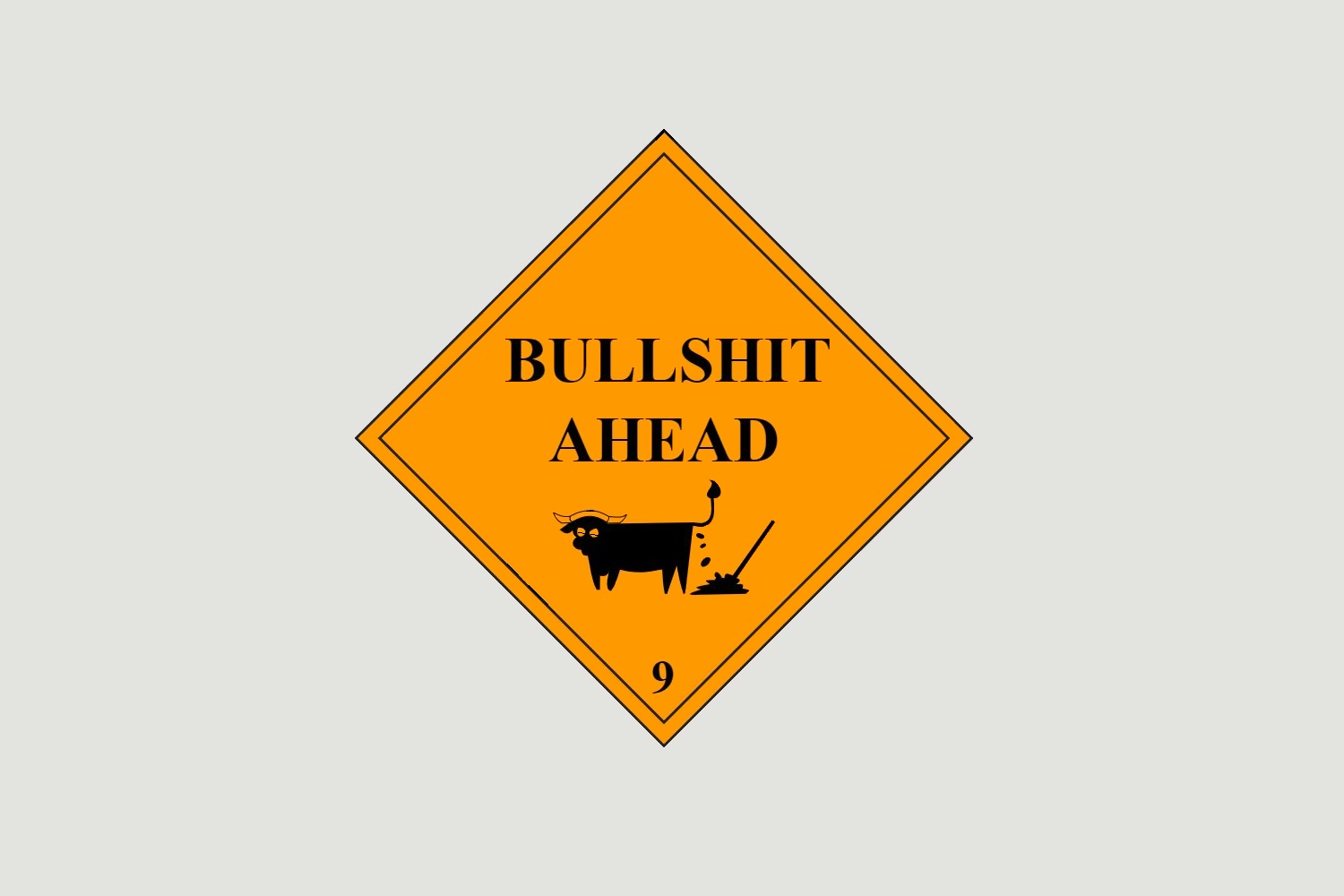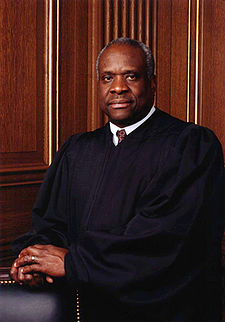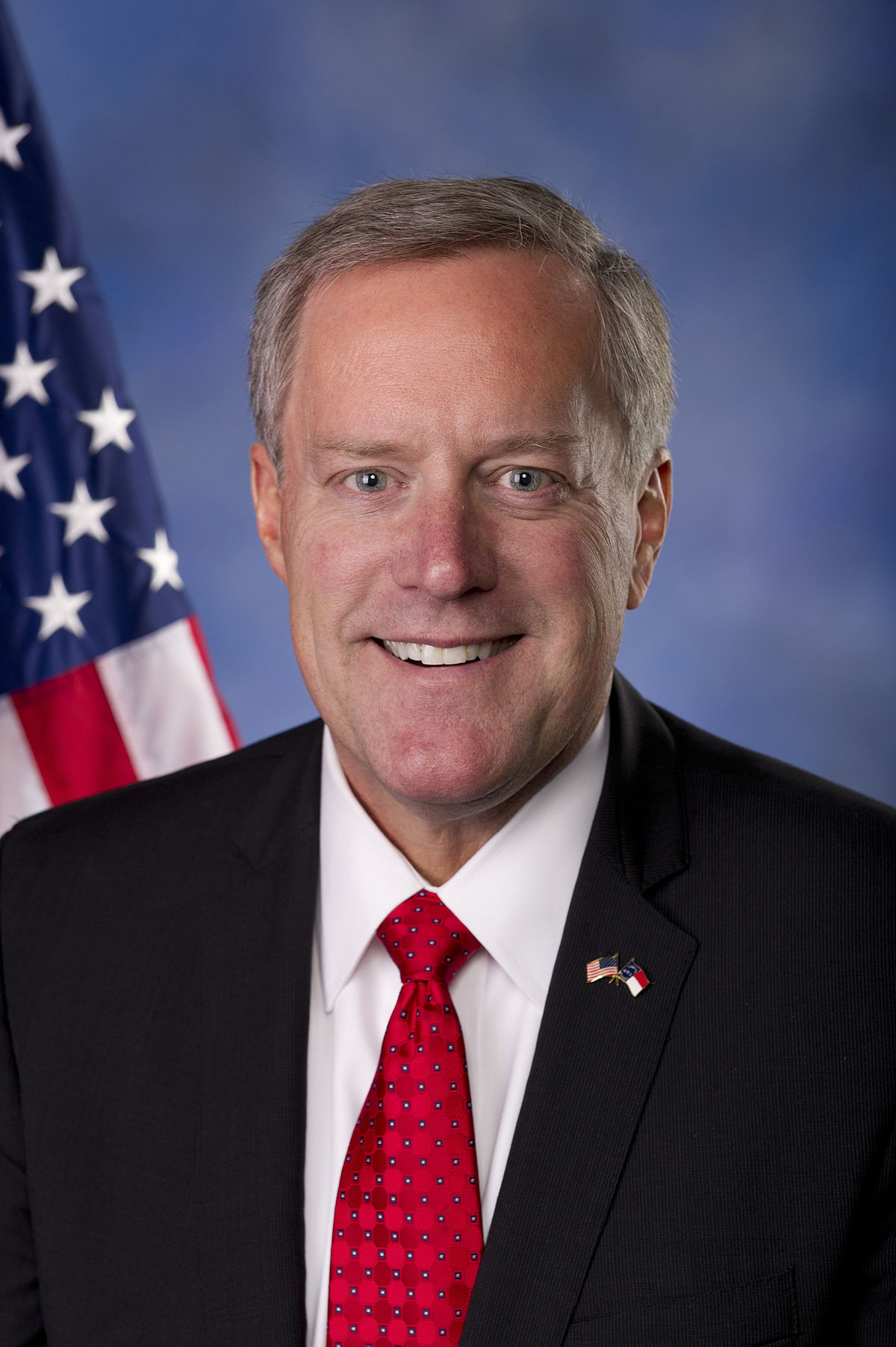Spirit of Revenge: John Roberts Says Joe Biden Can Demand an Investigation of Ginni Thomas
As I wrote in this post, John Roberts chose to cloak his radical opinion eliminating rule of law for Presidents by nodding to George Washington’s Farewell Address.
Our first President had such a perspective. In his Farewell Address, George Washington reminded the Nation that “a Government of as much vigour as is consistent with the perfect security of Liberty is indispensable.” 35 Writings of George Washington 226 (J. Fitzpatrick ed. 1940). A government “too feeble to withstand the enterprises of faction,” he warned, could lead to the “frightful despotism” of “alternate domination of one faction over another, sharpened by the spirit of revenge.” Id., at 226–227. And the way to avoid that cycle, he explained, was to ensure that government powers remained “properly distributed and adjusted.” Id., at 226.
It is these enduring principles that guide our decision in this case.
As I showed, that was partly an attempt to spin the usurpation of Executive Branch prosecutorial authority between Administrations as, instead, protection of the separation of powers of co-equal branches.
But it was also an attempt to deploy Washington’s warnings against partisanship as if they counseled doing what Roberts was doing, rather than the opposite.
Roberts had the audacity, for example, to quote from a passage talking about how unbridled partisanship could lead to foreign influence, corruption, insurrection, and authoritarianism and suggest he was preventing that, rather than immunizing it.
I have already intimated to you the danger of parties in the state, with particular reference to the founding of them on geographical discriminations. Let me now take a more comprehensive view and warn you in the most solemn manner against the baneful effects of the spirit of party, generally.
This spirit, unfortunately, is inseparable from our nature, having its root in the strongest passions of the human mind. It exists under different shapes in all governments, more or less stifled, controlled, or repressed; but in those of the popular form it is seen in its greatest rankness and is truly their worst enemy.
The alternate domination of one faction over another, sharpened by the spirit of revenge natural to party dissension, which in different ages and countries has perpetrated the most horrid enormities, is itself a frightful despotism. But this leads at length to a more formal and permanent despotism. The disorders and miseries which result gradually incline the minds of men to seek security and repose in the absolute power of an individual; and sooner or later the chief of some prevailing faction, more able or more fortunate than his competitors, turns this disposition to the purposes of his own elevation on the ruins of public liberty.
Without looking forward to an extremity of this kind (which nevertheless ought not to be entirely out of sight) the common and continual mischiefs of the spirit of party are sufficient to make it the interest and the duty of a wise people to discourage and restrain it.
It serves always to distract the public councils and enfeeble the public administration. It agitates the community with ill founded jealousies and false alarms, kindles the animosity of one part against another, foments occasionally riot and insurrection. It opens the door to foreign influence and corruption, which find a facilitated access to the government itself through the channels of party passions. Thus the policy and the will of one country are subjected to the policy and will of another. [my emphasis]
As I described in the initial release of Ball of Thread, the podcast I’m doing with LOLGOP, the Republicans on SCOTUS really believe Trump’s garbage claims that his prosecution was about revenge and despotism, rather than an effort to stave it off.
Trump has gotten people who claim to care about the country to view up as down, fascism as freedom.
Never mind that a court riddled with corruption scandals invoked the passage of the Farewell Address warning against it.
Between the shock of the overall holding and the obsession with Joe Biden’s poor debate, though, there has been little focus on an equally troubling part of Roberts’ opinion: one sanctioning the wholesale politicization of DOJ.
In the passage throwing out the charges involving Jeffrey Clark altogether, Roberts prohibits review of not just DOJ’s prosecutorial decisions (except, of course, when they involve a President’s predecessor, in which case DOJ has very constrained authority), but also of the President’s involvement in those decisions.
The Government does not dispute that the indictment’s allegations regarding the Justice Department involve Trump’s “use of official power.” Brief for United States 46; see id., at 10–11; Tr. of Oral Arg. 125. The allegations in fact plainly implicate Trump’s “conclusive and preclusive” authority. “[I]nvestigation and prosecution of crimes is a quintessentially executive function.” Brief for United States 19 (quoting Morrison v. Olson, 487 U. S. 654, 706 (1988) (Scalia, J., dissenting)). And the Executive Branch has “exclusive authority and absolute discretion” to decide which crimes to investigate and prosecute, including with respect to allegations of election crime. Nixon, 418 U. S., at 693; see United States v. Texas, 599 U. S. 670, 678–679 (2023) (“Under Article II, the Executive Branch possesses authority to decide ‘how to prioritize and how aggressively to pursue legal actions against defendants who violate the law.’” (quoting TransUnion LLC v. Ramirez, 594 U. S. 413, 429 (2021))). The President may discuss potential investigations and prosecutions with his Attorney General and other Justice Department officials to carry out his constitutional duty to “take Care that the Laws be faithfully executed.” Art. II, §3. And the Attorney General, as head of the Justice Department, acts as the President’s “chief law enforcement officer” who “provides vital assistance to [him] in the performance of [his] constitutional duty to ‘preserve, protect, and defend the Constitution.’” Mitchell v. Forsyth, 472 U. S. 511, 520 (1985) (quoting Art. II, §1, cl. 8).
Investigative and prosecutorial decisionmaking is “the special province of the Executive Branch,” Heckler v. Chaney, 470 U. S. 821, 832 (1985), and the Constitution vests the entirety of the executive power in the President, Art. II, §1. For that reason, Trump’s threatened removal of the Acting Attorney General likewise implicates “conclusive and preclusive” Presidential authority. As we have explained, the President’s power to remove “executive officers of the United States whom he has appointed” may not be regulated by Congress or reviewed by the courts. Myers, 272 U. S., at 106, 176; see supra, at 8. The President’s “management of the Executive Branch” requires him to have “unrestricted power to remove the most important of his subordinates”—such as the Attorney General—“in their most important duties.” Fitzgerald, 457 U. S., at 750 (internal quotation marks and alteration omitted).
The indictment’s allegations that the requested investigations were “sham[s]” or proposed for an improper purpose do not divest the President of exclusive authority over the investigative and prosecutorial functions of the Justice Department and its officials. App. 186–187, Indictment ¶10(c). And the President cannot be prosecuted for conduct within his exclusive constitutional authority. Trump is therefore absolutely immune from prosecution for the alleged conduct involving his discussions with Justice Department officials. [my emphasis]
Here, Roberts turns the Take Care Clause on its head. Whereas conservative judge Karen Henderson viewed the Take Care Clause to require that the President obey the law, Roberts instead sees that as a source of permission for the President to demand investigations, even if they are proposed for an improper purpose.
In doing so, Roberts gives Joe Biden permission to demand an investigation of Ginni Thomas for the purpose of revenge against her spouse.
To be sure, in spite of Roberts’ expansive permission for President’s to politicize DOJ, there appear to be limits. Joe Biden cannot order the IRS to review whether Clarence Thomas has written off all the undeclared boondoggles Harlan Crow has given him.
One of the only laws specifically mention the President, it turns out, is 26 USC 7217, which prohibits certain people, including the President himself, from asking the IRS to take investigative action against a taxpayer.
(a)Prohibition
It shall be unlawful for any applicable person to request, directly or indirectly, any officer or employee of the Internal Revenue Service to conduct or terminate an audit or other investigation of any particular taxpayer with respect to the tax liability of such taxpayer.(b)Reporting requirement
Any officer or employee of the Internal Revenue Service receiving any request prohibited by subsection (a) shall report the receipt of such request to the Treasury Inspector General for Tax Administration.[snip]
(e)Applicable person
For purposes of this section, the term “applicable person” means—
(1)the President, the Vice President, any employee of the executive office of the President, and any employee of the executive office of the Vice President; and
This law could one day, in the not-too-distant future, come before the Justices. It could even do so in the specific context at issue here, Donald Trump’s pressure on Jeffrey Rosen on December 27, 2020.
That’s because, as laid out in Hunter Biden’s selective and vindictive prosecution claim, in the very same conversation where Trump demanded that DOJ make false claims about election fraud, he also pressured Rosen to investigate Hunter Biden “for real.”
On December 27, 2020, then Acting Deputy Attorney General Richard Donoghue took handwritten notes of a call with President Trump and then Acting Attorney General Jeffrey Rosen, showing that Mr. Trump had instructed Mr. Rosen and Mr. Donoghue to “figure out what to do with H[unter] Biden” and indicating that Mr. Trump insisted “people will criticize the DOJ if he’s not investigated for real.”57
57 Dec. 27, 2020 Handwritten Notes of Richard Donoghue Released by H. Oversight Comm. at 4 (emphasis added), www.washingtonpost.com/context/read-richard-donoghue-s-handwrittennotes-on-trump-rosen-calls/cdc5a621-dfd1-440d-8dea-33a06ad753c8; see also Transcribed Interview of Richard Donoghue at 56 (Oct. 1, 2021), H. Oversight Comm., https://www.govinfo.gov/content/pkg/GPO-J6-TRANSCRIPT-CTRL0000034600/pdf/GPO-J6- TRANSCRIPT-CTRL0000034600.pdf.
Hunter Biden’s as-applied challenge to his gun charges are more likely to get to SCOTUS and do so more quickly.
But his prosecution, with the President privately and publicly intervening both as President and as candidate to replace his father raises fairly unprecedented questions about the due process rights of a person whom the President has demanded be investigated for the purpose of revenge.
Until such a case gets reviewed, however, John Roberts has invited Joe Biden to call up Merrick Garland and demand not just that DOJ open an investigation into Ginni Thomas, but to appoint a Special Counsel who could continue the investigation for the foreseeable future.
By refusing all review of improper pressure on the Attorney General, John Roberts has not eliminated the risk of revenge and despotism.
He has, rather, sanctioned it.

